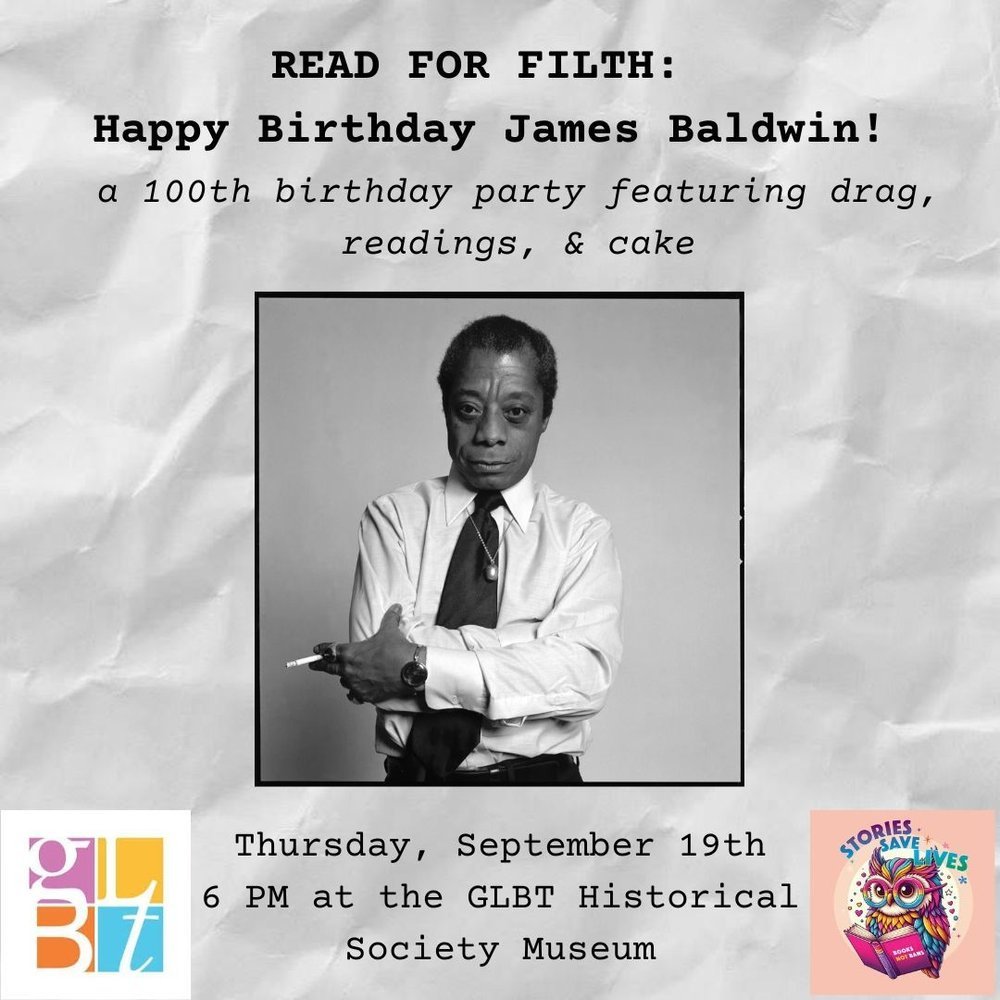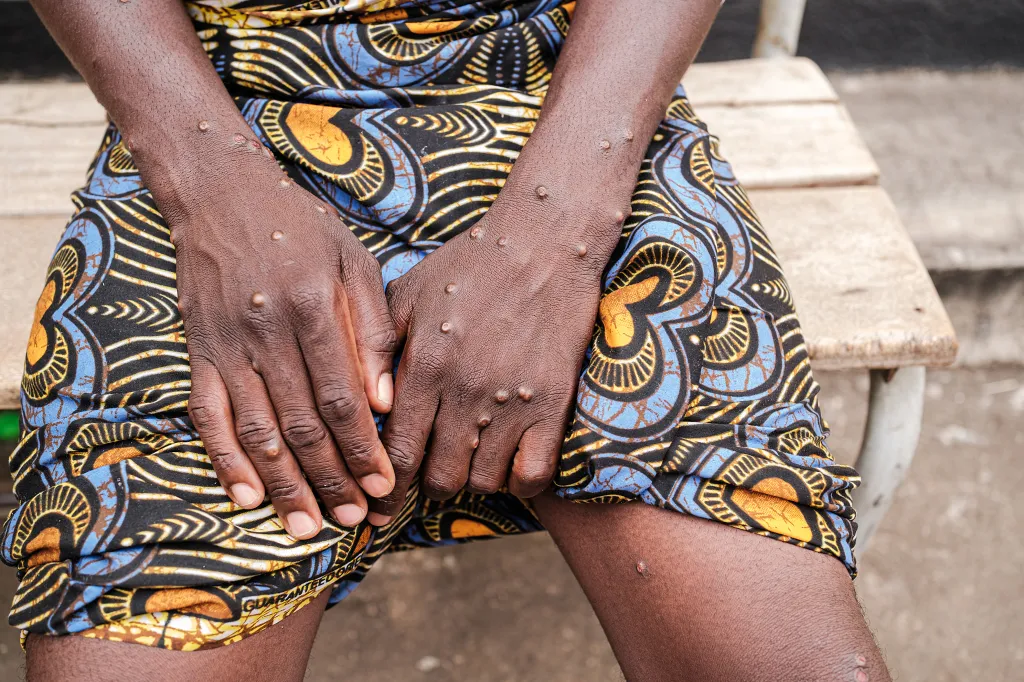North Carolina’s anti-LGBTQ+ Lt. Gov. Mark Robinson (R)—who is running for governor and considers LGBTQ+ people as “filthy” “demons” who “mentally rape” children—is reportedly turning off so many moderate Republicans that he could risk harming former President Donald Trump’s ability to win the state in November, recent polling shows. Trump endorsed Robinson last March, calling him “Martin Luther King on steroids.”
“Trump is being weighed down by a very unpopular Republican candidate for governor,” Mick Mulvaney, Trump’s former chief of staff, told News Nation on August 17. “So Trump is going to have some difficulty in this state, in North Carolina, that he may not have in others.”
Robinson—who was recently accused of regularly patronizing state porn shops—has called King a “inferior pastor” and “communist” who wanted to “subvert” America. Among his many anti-LGBTQ+ statements, he has called homosexuality “an abominable sin,” has compared LGBTQ+ people to cow dung, and Satanic demons, and said trans people should defecate on public street corners outside rather than using bathrooms matching their gender identity. He has also made numerous racist and antisemitic comments.
Recent polls suggest that voters disapprove of him. One showed Robinson running 14 points behind his Democratic opponent, North Carolina Attorney General Josh Stein, and most polls show Stein beating Robinson anywhere from 6% to 10% — a significant gap, as the state’s 2020 and 2016 gubernatorial races were decided by less than 5%.
A recent Elon University poll found that one in six state Republican voters plan to ticket-split by choosing one party for president but another party for governor — comparatively, only one in 20 Democratic voters plan to do the same.
Another recent Bloomberg/Morning Consult poll showed the Democratic presidential nominee, Vice President Kamala Harris, leading Trump in the state by 1%. While that might sound small, Trump had been leading in the state by 8% in July, before President Joe Biden dropped out of the presidential race. Also, Trump won the state by a margin of just 1.34% in 2020, winning its 16 electoral votes in the process. In other words, Harris’ 1% lead could prove key to her winning the Electoral College.
Steve Kornaki, NBC News’ out gay national political correspondent, told WRAL, “Democrats say they hope that there’s an issue there with an unpopular Republican gubernatorial candidate sort of making the entire Republican ticket, the Republican brand in the state, less appealing…. Honestly, I think the Republicans are simply hoping that Trump is able to carry the state and, ultimately, that maybe lifts Robinson up a little bit.”
David Plouffe, a senior advisor for the Harris campaign, told Axios on August 20that Robinson’s unpopularity can help her win North Carolina. Plouffe, who served as a campaign manager for then-candidate Barack Obama in 2008, helped make him the first and only Democrat to win the state since Jimmy Carter in 1976.
“Mark Robinson, the gubernatorial candidate, is, you know, even more MAGA than Trump, which is saying something,” Plouffe said. “There’s a bunch of people who right now are voting Democrat for governor who aren’t yet Democrat for president. So we need to run a campaign to them. Huge opportunity.”
Dan Kanninen, the Harris campaign’s battleground state director, called Robinson the embodiment of “MAGA extremism” during an August 27 Pod Save America podcast, adding, “We’re going to link those two guys,” meaning Trump and Robinson.
Eager to win over Republicans who dislike Trump, the Harris campaign has started a state chapter of “Republicans for Harris.” The “never Trump” Republican group Lincoln Project has also added North Carolina to its planned ad campaign to woo moderates who are tired of Trump’s MAGA movement. Stein and Harris are also both outspending Robinson and Trump by millions of dollars in the state.
Stein’s campaign ads have highlighted Robinson’s past statements opposing abortions as “murder”—even when needed to protect the pregnant parent’s life—and saying that only slutty women want them. Polls have shown that voters largely oppose total abortion bans. Robinson recently said he supported a 12-week abortion ban with “common sense exceptions” for rape and incest.
Yesterday, Louis Money, a man who worked in a Greensboro porn shop, was one of six men who claimed that Robinson regularly patronized pornographic video stores two decades ago. Money claimed that Robinson regularly purchased bootleg pornographic video tapes from him for $25 each.
“We developed a friendship,” Money told WRAL. “He would bring pizza every night and he’d hang out for a few hours…. Many people remember him. I’m not the only one.”
Robinson’s campaign denied the accusation and said that the men only recognized Robinson because he worked at a nearby Papa John’s pizza store at the time. The accusation is notable considering Robinson’s repeated claims that LGBTQ+ people and allies are promoting “pornography” in school libraries.
In 2021, Robinson created an education task force to investigate and pull LGBTQ+ literature from public schools, as well as report instances of LGBTQ+ inclusion in schools. He has called public schools “indoctrination centers.”




